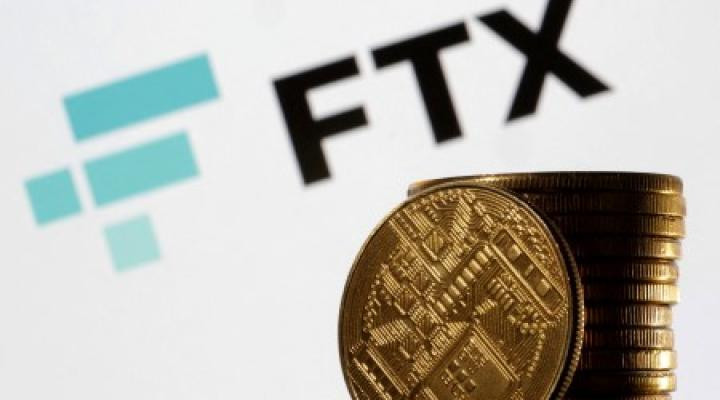Jump Trading subsidiary Tai Mo Shan sought $264 million in damages from Alameda Research for a loan deal that did not materialize. FTX lawyers argue that this request is invalid because the loan never started.
The FTX-Alameda bankruptcy estate opposed Jump Trading’s subsidiary Tai Mo Shan’s $264 million claim regarding the loan agreement related to Alameda Research, claiming that FTX lawyers were invalid because the loan never started.
Tai Mo Shan sought almost $264 million in damages from Alameda Research for the non-delivery of 800 million Serum (SRM) tokens resulting from a loan agreement dating back to August 2020. SRM is the native cryptocurrency of the FTX-backed decentralized exchange Serum, which collapsed in 2022 along with the FTX exchange.
According to court documents, Jump Trading calculated the loss using an options model; This model includes SRM’s market price at the bankruptcy filing date, the token’s implied volatility, redemption option price, and other factors.
FTX attorneys asked the court to deny this request, primarily because the loan was never granted by Alameda Research.
“It is an undisputed fact that Alameda did not deliver the cryptocurrency contemplated by the Loan Approval to the Master Loan Agreement. Therefore, the loan did not commence,” FTX lawyers said. “There is no provision in the Master Loan Agreement that allows Tai Mo Shan to force Alameda to deliver the cryptocurrency or seek monetary compensation for a loan that did not commence.”
They also called Jump Trading’s $264 million loss estimate “unfounded,” arguing that Tai Mo Shan’s loss calculation was “completely unsupportable.” Lawyers stated that Jump’s calculation using an “option model” was vague and did not clearly explain how it arrived at this amount.
FTX’s filing also argued that although Jump estimated losses based on the SRM price at the date of the bankruptcy filing, the loan agreement stipulated that the tokens would be issued to Tai Mo Shan in daily installments starting from August 1, 2023, and not at that date.
The application also alleged that Tai Mo Shan could be liable for the fraudulent transfer, which should be another factor to invalidate Tai Mo Shan’s claims. “The debtors believe that Tai Mo Shan may have been the recipient of some structured fraudulent transfers…including the alleged loan at issue here,” he said.
Meanwhile, FTX creditors have begun voting on a liquidation plan to provide compensation to exchange customers and have until August 16 to cast their votes. The exchange aims to receive final approval for the liquidation plan in October.
